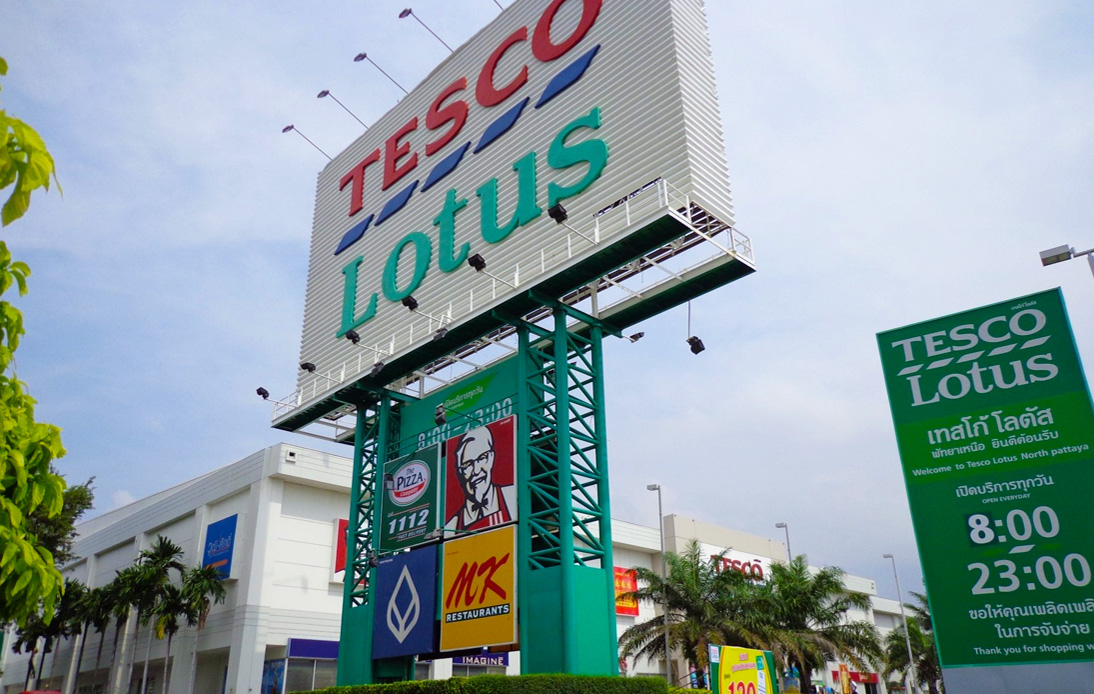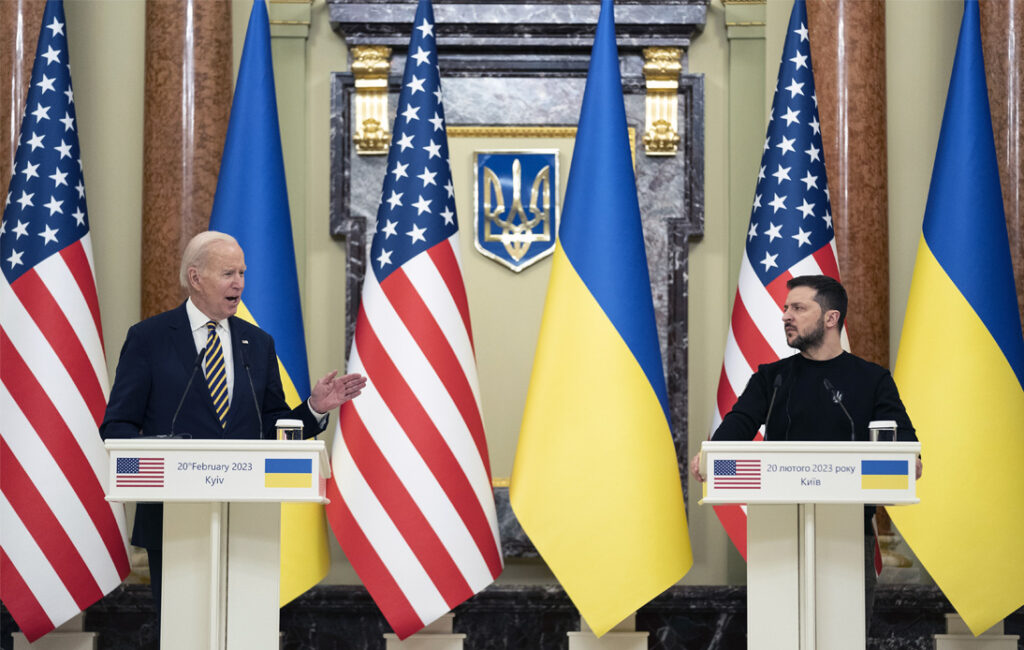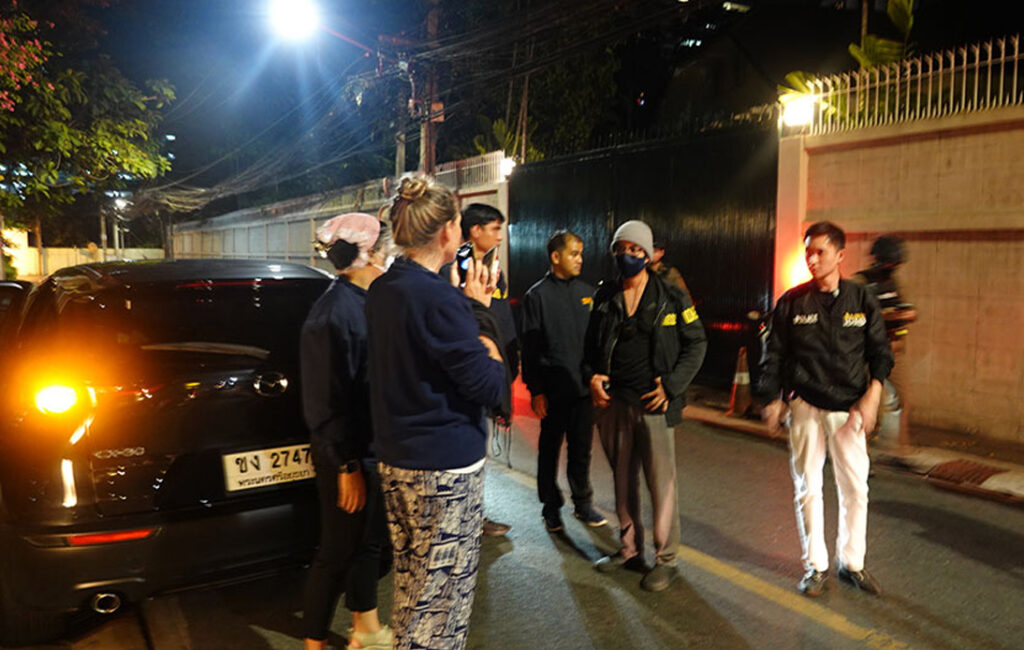
A trade watchdog regulating market competition has permitted Charoen Pokphand Group’s US $ 10.6-billion acquisition of the local retail business of the UK retailer Tesco.
However, certain conditions must first be met.
Among these is a three-year ban on CP from participating in any other modern retail merger. But this condition excludes e-commerce, the Office of the Trade Competition Commission (OTCC) said on Friday.
The company will also need to buy more products from local small and medium-sized businesses, in addition to honor existing contracts with suppliers for at least two years.
The agency said in a statement that the transaction would result in greater market power but not a monopoly. Besides, it indicated: “The deal may significantly lower competition but won’t create major damage to the economy or consumers’ benefits.”
CP operates the 7-Eleven convenience store chain, which has almost 12,000 branches, and the Siam Makro wholesale chain with 134 branches.
Moreover, under the deal first announced almost eight months ago, CP Group will gain control of a network of some 2,000 Tesco Lotus hypermarkets in addition to other smaller stores across the country.
CP also acquired a smaller number of stores in Malaysia as part of the transaction with the British retailer.
The OTCC approval marks the end of Tesco’s 22-year presence in Thailand under the Tesco Lotus brand and consolidates the position of Charoen Pokphand Group as the country’s dominant retailer.
The Chearavanont family is in charge of CP. This family is the richest in Thailand, with a net worth of $ 27.3 million, according to Forbes. Bloomberg estimates that it is the thirteenth richest family in the world.
CP Group did not immediately respond to a request for comment from Reuters.
For its part, Tesco said it had taken note of the regulator’s statement and that they expected CP to receive the formal notice of regulatory approval from the OTCC.
This Tesco deal is the first major test of the new Trade Competition Act passed in 2017, which was announced as a stricter version of a law passed in 1999.
Last month, OTCC president Sakon Varunyuwatana said that he had consulted extensively with many parties, including SMEs that could be affected given the size and economic significance of the deal.
He asked, as a key question, whether the deal could lead to a monopoly or undue dominance of the market against the interests of consumers.
Somchai Pornrattanacharoen, president of the Association of Wholesalers and Retailers of Thailand, participated in a committee set up by the OTCC to examine the agreement and thought that it should not be approved as no country in the world allows a single business group to control comprehensive businesses.
Mr. Somchai said last month: “Currently we’ve started seeing direct express delivery services to buyers by some convenience stores. This practice has affected existing small-scale retail shops and may eventually lead some large retail groups to dominate the country’s overall retail market.”




















